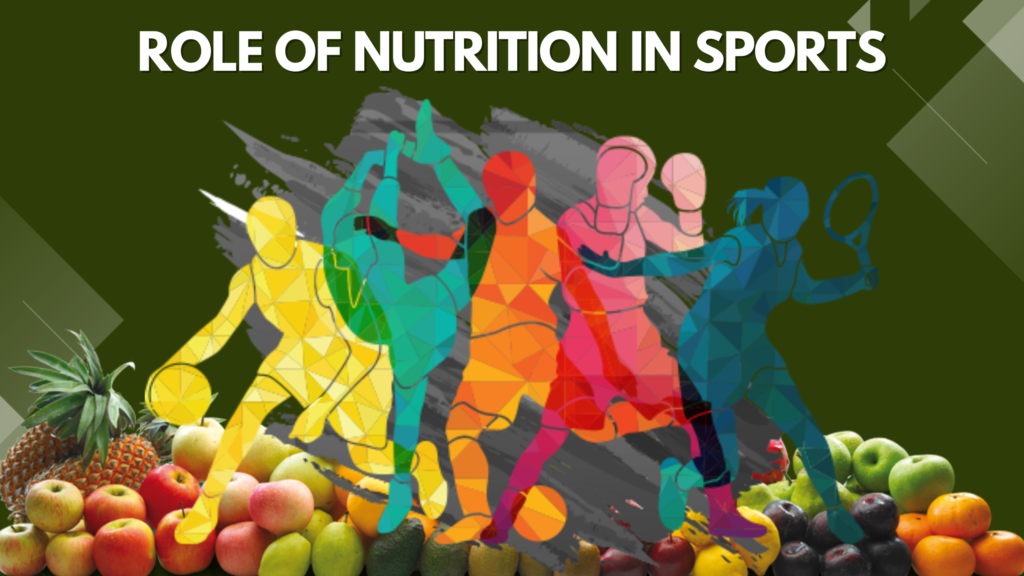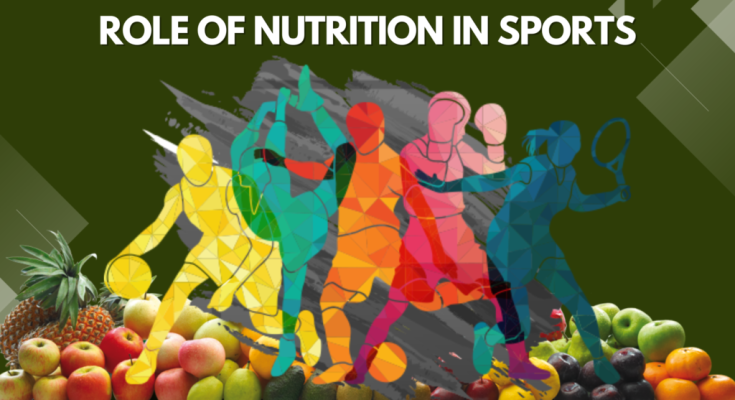
The Role of Nutrition and Fitness in Professional Sports,In the high-stakes world of professional sports, athletes are constantly pushing the boundaries of physical and mental performance. While talent, training, and strategy are critical components of success, the role of nutrition and fitness cannot be overstated. These elements are foundational to an athlete’s ability to perform at their peak, recover efficiently, and maintain longevity in their careers. This article explores the integral role of nutrition and fitness in professional sports, highlighting their impact on performance, recovery, and overall health.
Nutrition: The Foundation of Athletic Performance
Nutrition is a cornerstone of athletic performance, providing the essential nutrients that fuel an athlete’s body and mind. The right dietary choices can enhance energy levels, improve endurance, and optimize body composition. For professional athletes, personalized nutrition plans are often developed with the help of sports dietitians, tailored to their specific needs, training regimens, and competition schedules.
- Macronutrients: The Energy Providers
- Carbohydrates, proteins, and fats are the three primary macronutrients that play distinct roles in an athlete’s diet. Carbohydrates are the main source of energy, particularly for high-intensity activities. Proteins are crucial for muscle repair and growth, while fats provide a concentrated energy source and support hormonal balance.
- Micronutrients: The Unsung Heroes
- Vitamins and minerals, though required in smaller amounts, are vital for various bodily functions, including energy production, immune function, and bone health. Athletes need adequate levels of micronutrients such as iron, calcium, and vitamin D to support optimal performance and recovery.
- Hydration: The Key to Peak Performance
- Proper hydration is essential for maintaining performance, especially in endurance sports. Dehydration can lead to decreased strength, speed, and cognitive function. Athletes must manage their fluid intake before, during, and after exercise to prevent dehydration and maintain optimal body function.
Fitness: Building Strength, Endurance, and Resilience
Fitness training is integral to developing the strength, endurance, and resilience required for professional sports. A well-rounded fitness program includes various components, each contributing to different aspects of performance.
- Strength Training
- Strength training helps athletes build muscle mass, improve power, and enhance overall body strength. It also plays a crucial role in injury prevention by strengthening muscles, tendons, and ligaments.
- Cardiovascular Conditioning
- Cardiovascular conditioning improves the efficiency of the heart, lungs, and circulatory system. It is essential for endurance sports like long-distance running, cycling, and swimming, where athletes need to sustain high-intensity efforts over extended periods.
- Flexibility and Mobility
- Flexibility and mobility exercises enhance an athlete’s range of motion, reduce the risk of injuries, and improve movement efficiency. Activities like yoga and dynamic stretching are often incorporated into training routines to maintain flexibility and prevent muscle tightness.
- Recovery and Regeneration
- Recovery is a critical aspect of fitness, allowing the body to repair and strengthen itself between training sessions. Techniques such as rest, sleep, massage, and active recovery are essential for preventing overtraining and ensuring long-term athletic health.
The Synergy of Nutrition and Fitness
The synergy between nutrition and fitness is what ultimately enables athletes to reach their full potential. Proper nutrition supports the energy demands of rigorous training, while fitness training enhances the body’s ability to utilize nutrients effectively. Together, they create a foundation for peak performance, faster recovery, and reduced injury risk.
Conclusion
The role of nutrition and fitness in professional sports is fundamental to achieving excellence. As athletes strive to break records and achieve new milestones, the importance of a balanced diet and a well-structured fitness regimen cannot be overlooked. By focusing on these critical areas, athletes can enhance their performance, extend their careers, and maintain overall health and well-being. As sports science continues to evolve, the understanding of how nutrition and fitness contribute to athletic success will only deepen, offering new insights and strategies for athletes at all levels.



